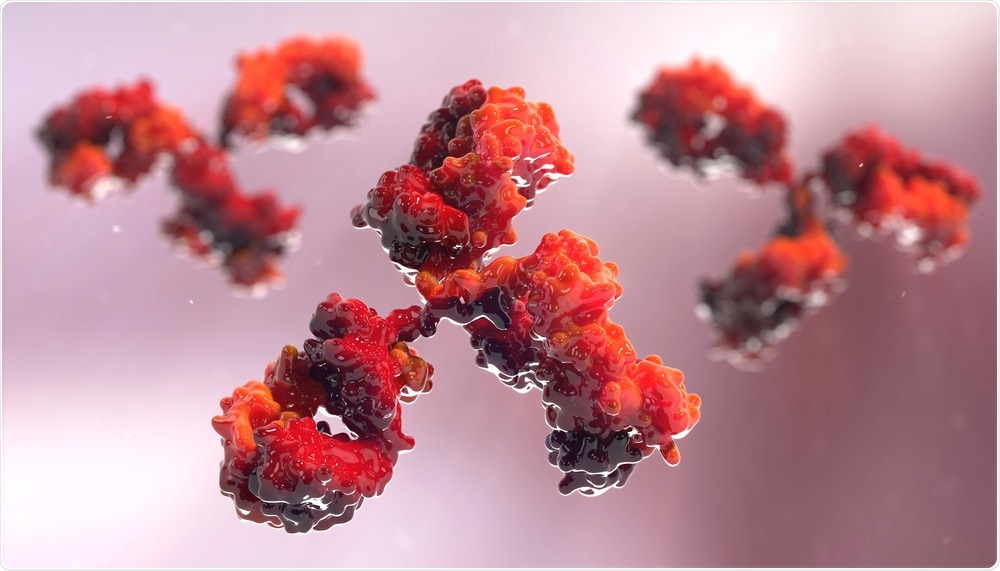
Discovery provides new hope for anti-HIV vaccine
A study led by the University of Zurich and University Hospital Zurich has found that the genome of HIV influences how the immune system responds to the infection.
 Image Credit: urfin / Shutterstock
Image Credit: urfin / ShutterstockSome people infected with HIV-1 produce special antibodies that not only fight one strain of the virus but almost all strains.
Scientists searching for an HIV vaccine are therefore focused on finding out what the factors are that influence the production of these antibodies.
Several factors have already been identified such as the virus load and diversity, infection duration and the infected person’s ethnicity, but now Swiss researchers have pinpointed another factor.
They found that the genome of the virus also influences how the immune system reacts to the virus.
For the study, the team analyzed data and blood samples taken from around 4,500 HIV-infected participants in the Swiss HIV Cohort Study and the Zurich Primary HIV Infection Study.
The researchers identified 303 pairs of patients with viruses that had similar genomic RNA, suggesting that they were infected with the same strain of virus.
The antibodies that fight HIV bind to proteins present on the surface of the virus. These envelope proteins vary, depending on the strain and subtype of the virus.
_is_binding_to_an_HIV_envelope_protein_(coloured)_on_the_surface_of_the_virus_(light_grey)._University_of_Zurich.jpg) An antibody (dark grey) binding to an HIV envelope protein (coloured) on the surface of the virus (light grey). Image Credit: University of Zurich.
An antibody (dark grey) binding to an HIV envelope protein (coloured) on the surface of the virus (light grey). Image Credit: University of Zurich.Kouyos and team analysed in more detail a patient pair with similar virus genomes who produced highly active and broadly neutralizing antibodies.
To develop a vaccine that is effective against HIV-1, these envelope proteins and virus strains that trigger the production of broadly neutralizing antibodies need to be identified.
The team now plan to broaden their search: "We have found one candidate. Based on that, we now want to begin developing an immunogen ourselves," adds Trkola.
Source:
This news article has been re-written from a University of Zurich press release.


































No hay comentarios:
Publicar un comentario